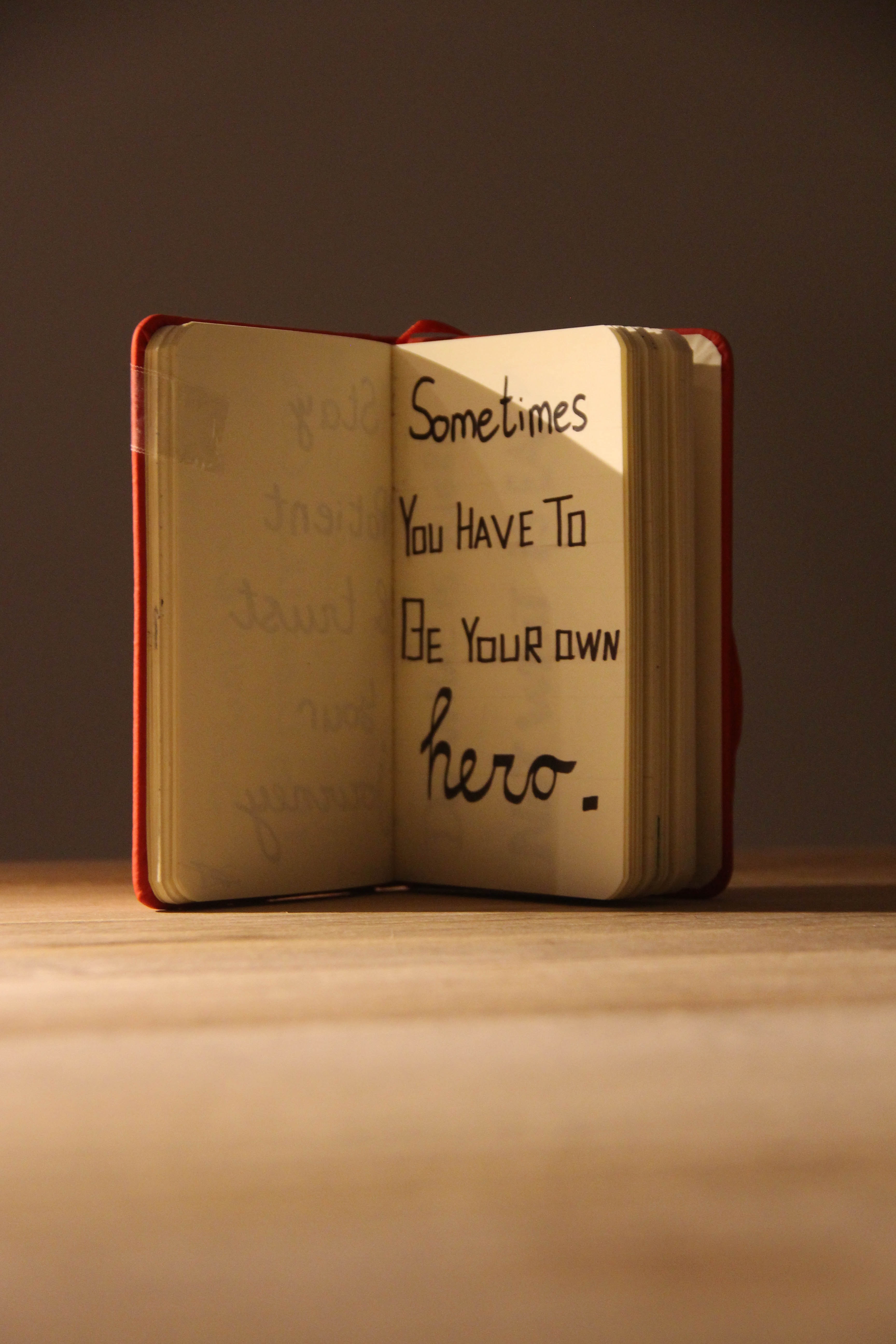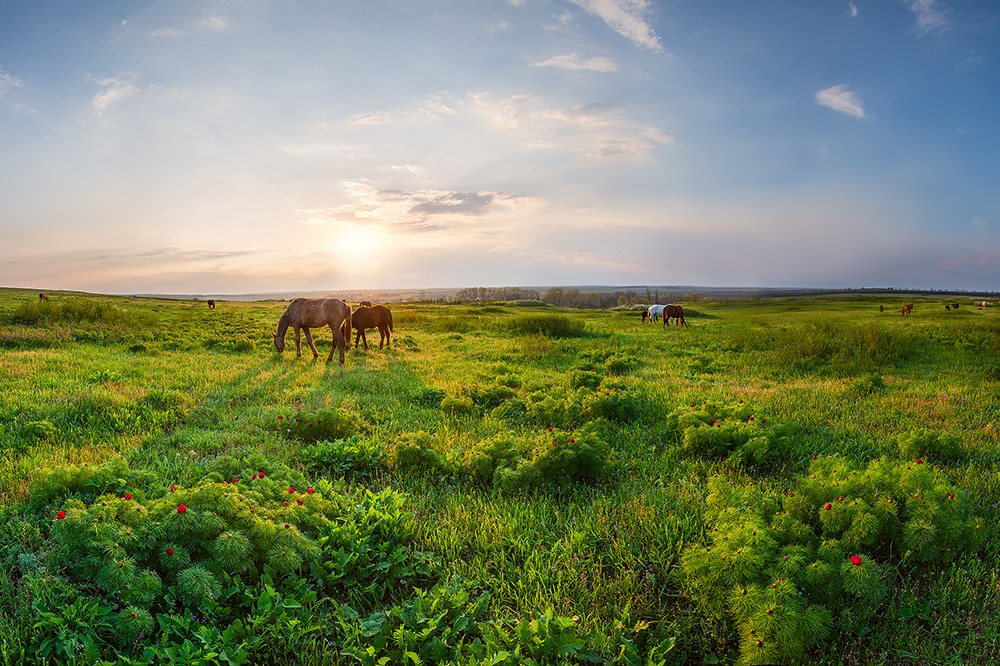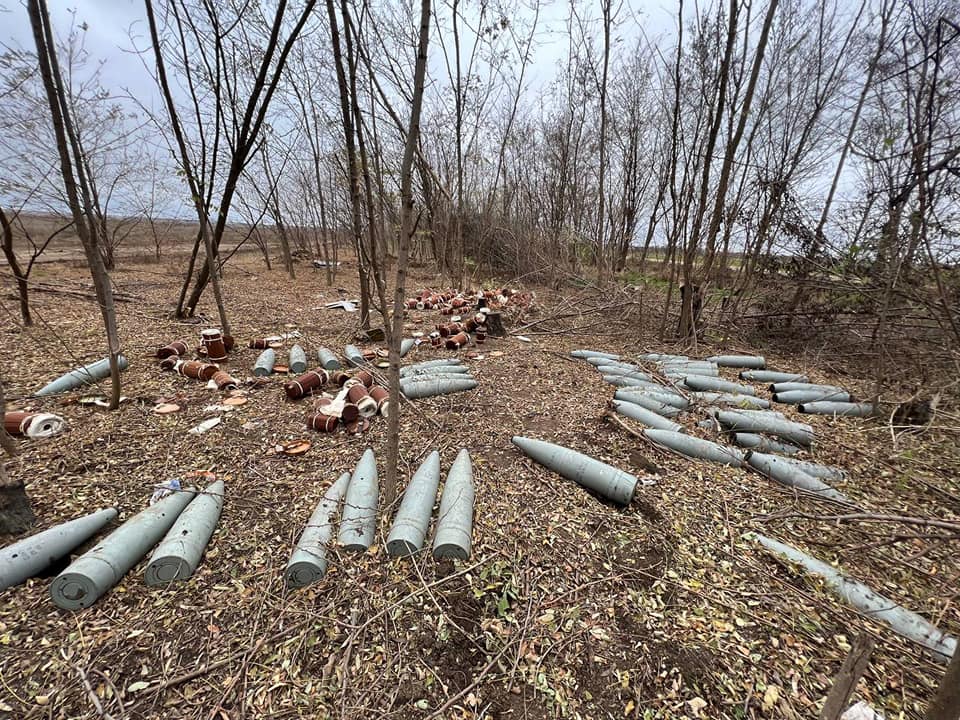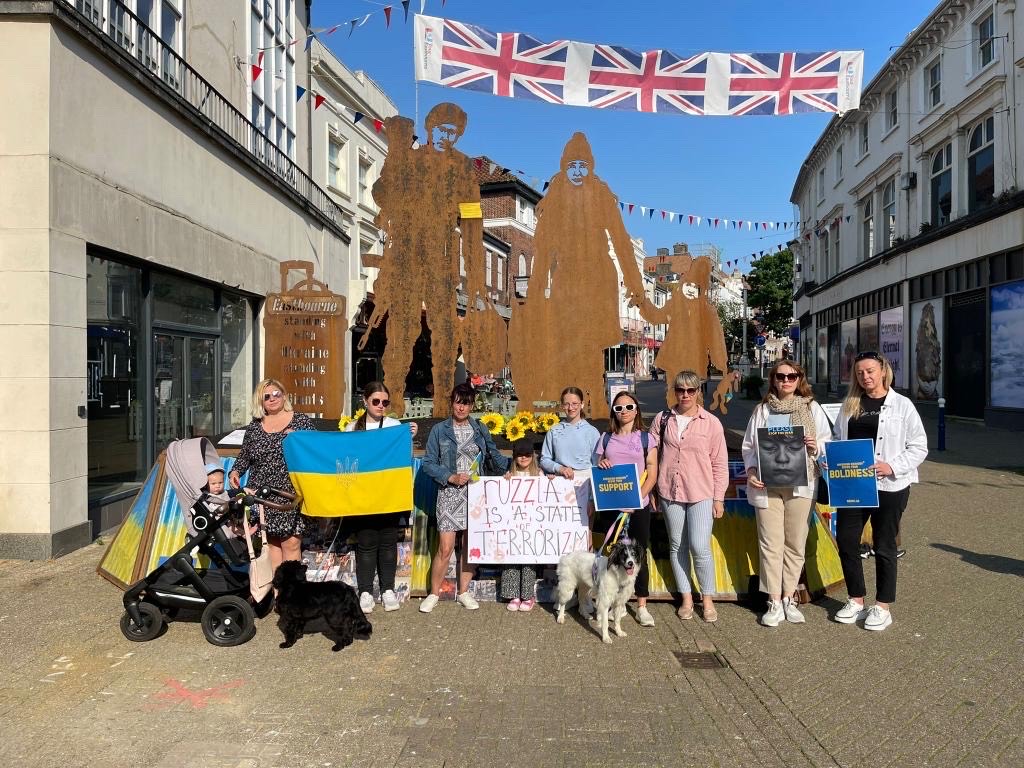Absolutely nothing.
War is back in the headlines and in our heads these last weeks. The atrocities taking place in the Israel/Palestine conflict curdle the stomach, leaving us shocked and bewildered by man’s capacity for cruelty.
Yet, this is only one war out of the estimated 32 worldwide (World Population Review) and the 110 armed conflicts, which are smaller, if no less vicious. (Geneva Academy) Presented on a map, this virus of violence is most prominent in the Middle East, Africa, and Asia, but we know all too well how conflict can be infectious.
There will be no illustrations to this blog post. I think we have all seen enough. Nor shall I be dwelling on the immediate impact of war. What I should like to consider is the long-term effects, the parts that the cameras and journalists seldom capture.
Living with a displaced person has given me some real insights and reminders that war is not a news cycle but an ongoing and damaging process long after the troops have gone home and the peace treaties signed.
Living with trauma
Whilst we may be familiar with soldiers getting PTSD following their tours, it is worth remembering that civilians too suffer trauma. Though hopefully not as intense, one cannot survive bombings, interrupted sleep and fear for ones loved ones for months on end without it taking its toll. Even those lucky enough to escape conflict at the beginning will have the urgency and fear of escape seared into memory.
Diaspora
For me, one of the most heart-breaking consequences of war is having families torn apart and perhaps not able to reunite for years on end. Mariia’s own family is split between Poland, England and Ukraine. One of her friends is in Switzerland, but with a nervous US government, unable to get a visa to visit her brother in America. The list goes on.
After a while, the new home becomes home. Children raised in another country may not wish to return and disrupt friendships and education all over again. Anxious parents may not want to either. A temporary relocation becomes fixed.
Demotion
Unless you are one of the few people who are completely fluent in the language of your adopted country, it is unlikely that you will find work that is equivalent to that you held at home. My friend’s neighbour is hosting a Ukrainian engineer. She took a job washing dishes at the pub, so grateful was she to the government for providing her and her daughter with a place of safety.
And of course, when it is time to return, the years abroad are lost to promotion and upskilling.
Those left behind in the conflict are no better off. With sirens sounding throughout the night, unreliable services such as electricity, one can hardly be expected to perform at one’s best.
Scarcity
All wars bring with them scarcities – sometimes of resources vital to life. In Ukraine, whilst they have miraculously kept their infrastructure working, food is now approximately 50% more expensive, whilst salaries and fixed incomes remain stuck. Life is getting increasingly difficult and these shortages are likely to continue some time after the conflict ends – not least due to the damage the Russians have made to the land.
In the UK, rationing only ended in 1954 – nine years after the war ended. The effects of conflict spiral on into the future.
Rebuilding
With so much lost in war, the need to rebuild is urgent. Sadly, much of what is lost is irreplaceable: great artworks, grand buildings, heirlooms in family homes.
And at the back of everyone’s mind is the question: will it happen again? Am I rebuilding only to have it fall once more? Will these crops ever reach my family or be stolen by yet another militia?
Such fears are real and justified. The dread that it might happen again is the most pernicious and weakens the resolve to recover. We should be cognizant of this and where possible give the necessary reassurances of protection and support, because nothing feeds the urge for conflict great than fear.
What can be done?
Man’s urge to kill and destroy is unlikely to end anytime soon. However, I do hope that as we become more aware of the hidden costs of war and its impact over the years, we might be less inclined to jingoism and the lure of war’s ‘glory’.
The angry young men committing the heinous atrocities in the Middle East have been fed propaganda and a peculiarly violent interpretation of Islam over many, many years. They have been taught not to question or consider that their views contain any flaw.
When looking at most conflicts, this process of indoctrination – even if simply of the inherent rightness or superiority of their sovereign state – occurs over years if not generations.
We are currently blessed with peace, but I feel that the circumstances are such that we too may easily be led into fanaticism. People hold stronger views more forcefully. Listening skills are side-lined to shouting loudest.
I pray that we can retain our peace on the large and small scale by consciously opening ourselves to the possibility that we may, just may be wrong and to question everything.





